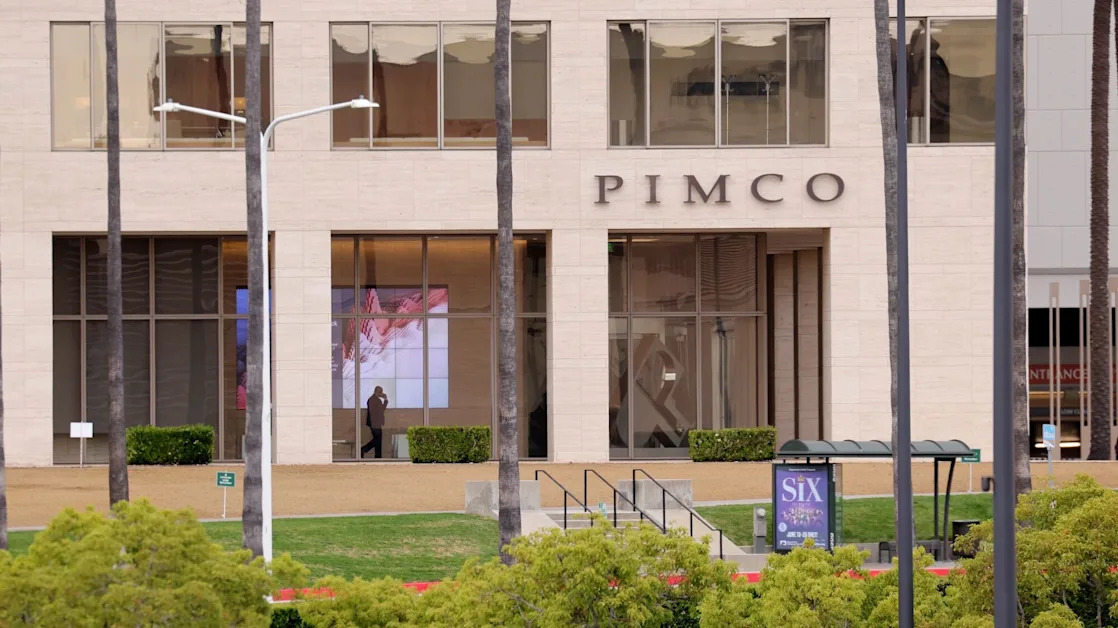
Pimco Warns US Markets Mirroring UK and EM After Tariff Shock
(Bloomberg) -- US financial assets are at risk of “mirroring dynamics of the UK and emerging markets” as the Trump administration embraces protectionism, says Pacific Investment Management Co.
Most Read from Bloomberg
“Rapid US policy changes pose challenges for investors accustomed to a global financial system anchored in U.S. markets and assets.,” write Marc Seidner and Pramol Dhawan in a paper published Thursday.
In the wake of the White House announcing a barrage of tariffs, the Treasury yield curve has steepened, led by long-dated yields rising sharply, while the US dollar and Wall Street share prices have also weakened. That combination suggests investors are demanding a higher risk premium to own dollar-denominated assets.
“With its protectionist policy pivots, the US is giving investors worldwide an occasion to rethink long-held assumptions,” regarding the country’s investment outlook, and they said “the recent parallel slides of the US dollar, equities, and Treasuries marks “a combination more often associated with emerging market (EM) economies.”
The $2tn bond manager characterizes US tariffs as “A self-inflicted supply-side shock, similar to Brexit,” and one they see leading “to a stagflationary outlook,” that means the Federal Reserve having “to chart an interest rate path that balances resurgent inflation expectations with dimming US growth projections.”
One silver lining is that adverse markets could spur a shift in policy, and the recent decision to delay the implementation of many tariffs and seek trade negotiations has helped calm US markets this week.
“Thus far, this is a self-inflicted wound for the US,” and Pimco said “Sentiment and market performance could quickly reverse if we see a shift toward less disruptive – and more predictable – US trade policies.”
Pimco also warn that US markets may not see the scale of official support that ensured during prior bouts of intense volatility and big losses for asset prices.
“Investors have come to expect forceful government intervention during economic and market downturns,” and Pimco said “fiscal support appears less likely – not by choice, but due to limited capacity for additional debt. This era of strained geopolitical relations could mean far less global policy coordination than during previous crises.”